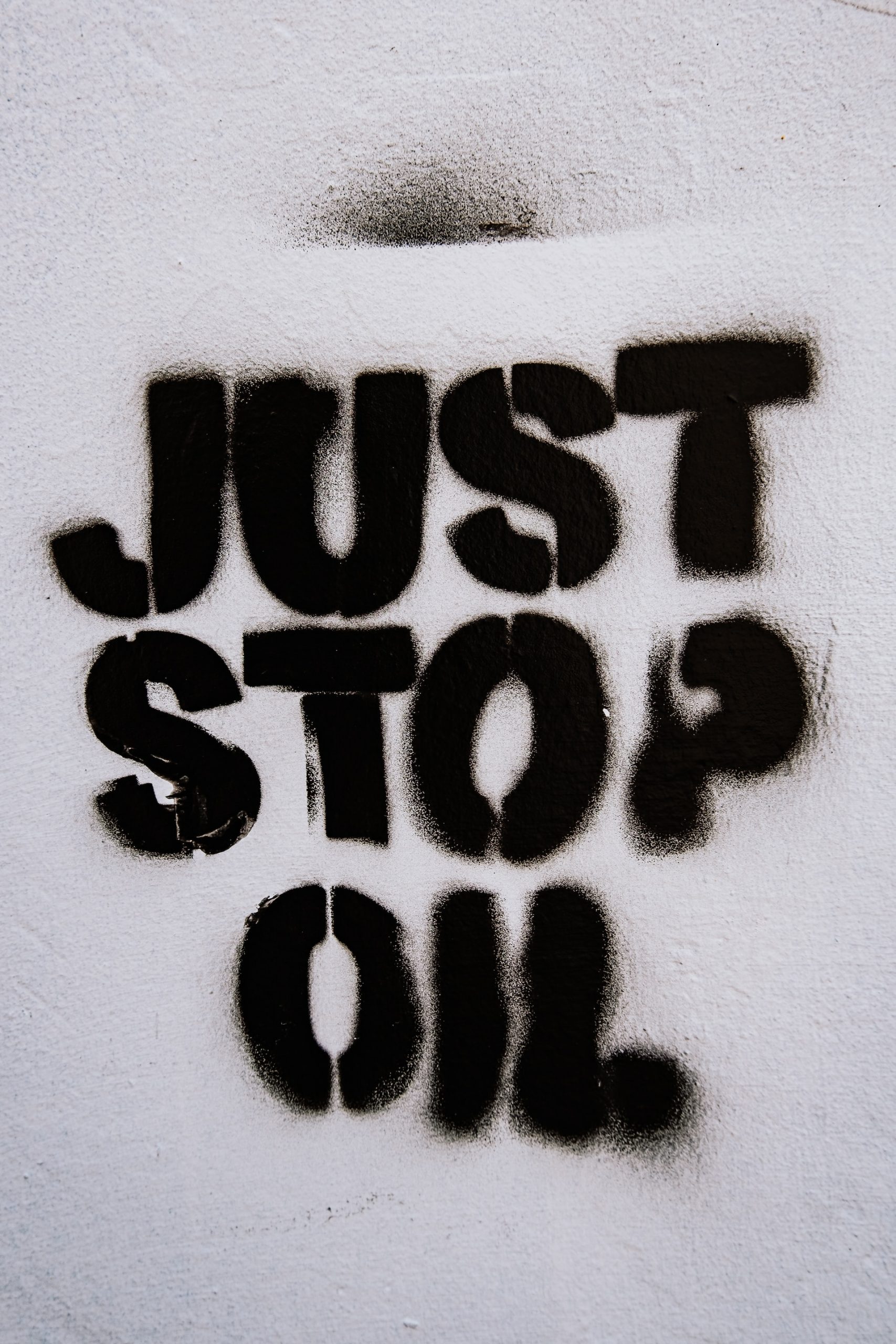
Deputy Editor Charlie O’Keeffe discusses why the tactics of Just Stop Oil are necessary in the face of climate change
On October 30th, more than 60 activists were arrested for protesting on Parliament Square for an end to oil and gas projects. The fact that so many have been arrested for a peaceful protest, in what I would describe as the most appropriate protesting location in the country, seems hard to justify in a democratic country.
Just Stop Oil have been a controversial group since their creation. I myself used to feel unsure of their methods, wondering if being less intrusive might make them more appealing to the masses. Yet, as time has gone on, they have begun to make sense to me. Clearly, it is the public consensus on the need to tackle the climate crisis that we are lacking. In a recent poll it was found that 70% of people stated that climate and environmental policies are important and will influence them. The polling showed that, perhaps surprisingly, even Conservative voters, who the poll refers to as ‘the Blue Wall’, demonstrated ‘overwhelming support for almost all specific climate policies.’ As much as it can often feel like it, we are not living in a time when the general public need to be convinced they should care. Therefore, the question of whether Just Stop Oil need to win over public opinion seems to me to be a lesser consideration.
[The public] understand that action is needed
With a public that already understands that action is needed, it is clear that the people who need to change are the government. This is an administration who in spite of their own supporters, have continually failed to act decisively on climate change. It is even enshrined in law that they should be taking steps to make the net UK carbon 100% lower than the 1990 baseline, by 2050. Nonetheless, what we have seen is a rolling back of climate goals from 2030 to 2035, and new licences granted for North Sea oil and gas projects. I cannot believe that these are the actions of a government where 70% of its nation’s voters are concerned about the climate crisis. It is these new oil and gas projects that JSO wants to put a stop to, so a government which governed with its own nation’s climate concerns in mind would not face the scale of protesting we are seeing now.
That is why Just Stop Oil, a group determined to make visible the outrage and betrayal felt by so many, seems to me necessary. It’s clear that the government is not prepared to act based on the consensus of the people it governs, as anyone would expect a democratic government to do. Therefore, the intensity of the protests Just Stop Oil are taking part in feels justifiable. I think what is needed now is for the government to feel pressure, and to feel that people are aware of its actions. This is why I found the arrests so disturbing, as it seems to me like an attempt to make invisible the public anger at a government that is wilfully refusing to act. Whilst I would not claim that Just Stop Oil is a mainstream group, I think that fear and desperation have become mainstream emotions in the face of the climate crisis. This is not a point we should have come to.
Just Stop Oil do not downplay the controversy of their protesting methods, when Louise Harris climbed on top of an M25 gantry she said people were ‘entitled to hate’ her for her actions. For me though, it was impossible not to empathise with Ms. Harris when she broke down in tears and talked about believing that she doesn’t ‘have a future.’ These are feelings I, and I know many of my peers too, have felt and continue to feel. I have long given up on believing in the good will of those in power to make the necessary changes. As Ms. Harris pointed out the hatred and anger felt towards these protesters could be directed at the government, who are ‘betraying young people’.
I have long given up on believing in the good will of those in power to make the necessary changes
This for me is the crux of the issue. In 2014, the World Health Organisation estimated that, between 2030 and 2050, climate change would cause around 250,000 additional deaths annually. We have already seen climate change causing greater global food insecurity. Climate related hazards are already inducing at least 23 million people’s displacement from their homes each year. By 2050, it is estimated that annually 200 million people will be in need of humanitarian aid due to the climate crisis. When faced with statistics like this, anger towards the UK government, and governments similarly failing to act, comes much easier to me than anger at people blocking a road.
For more Comment articles read here:
Comments